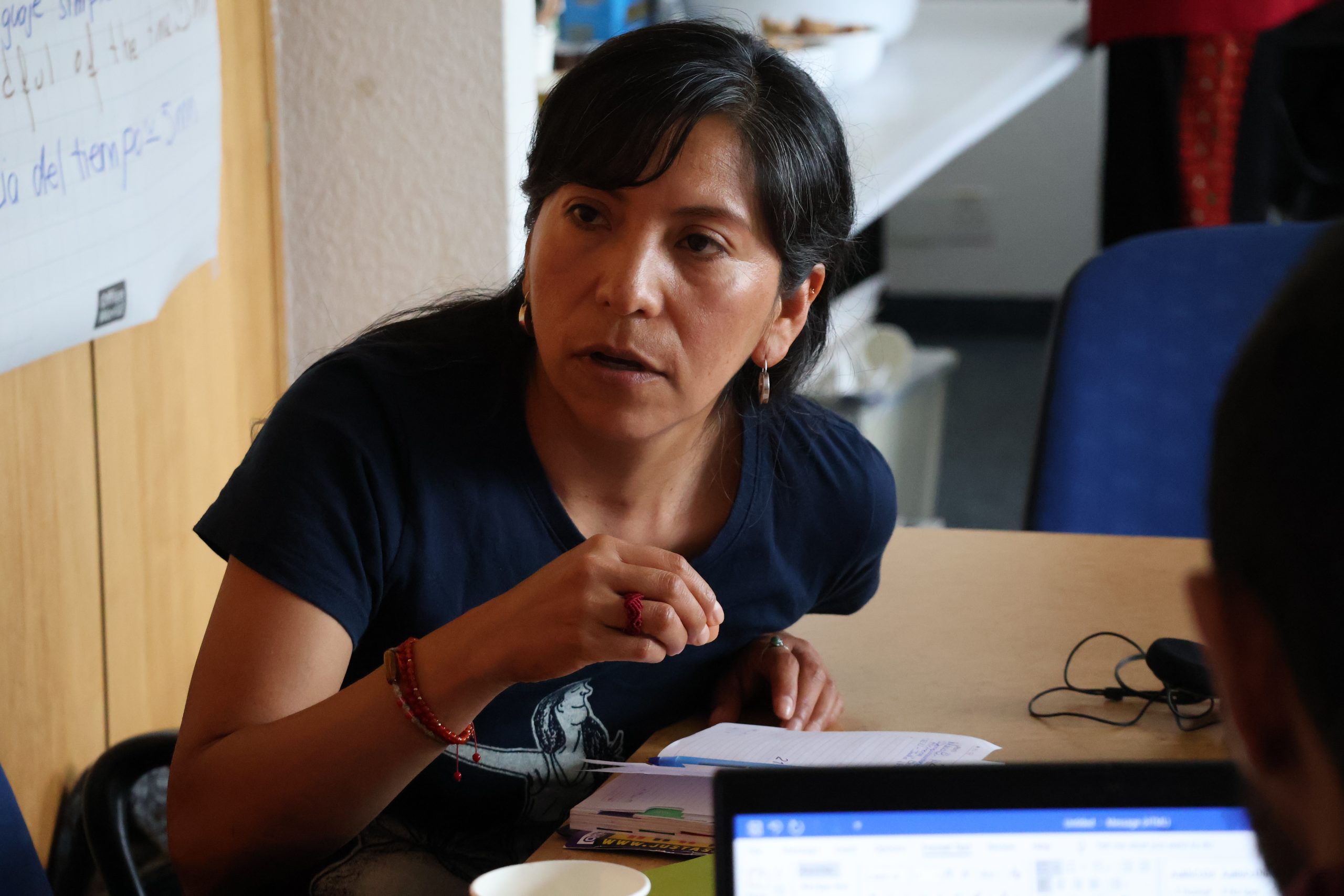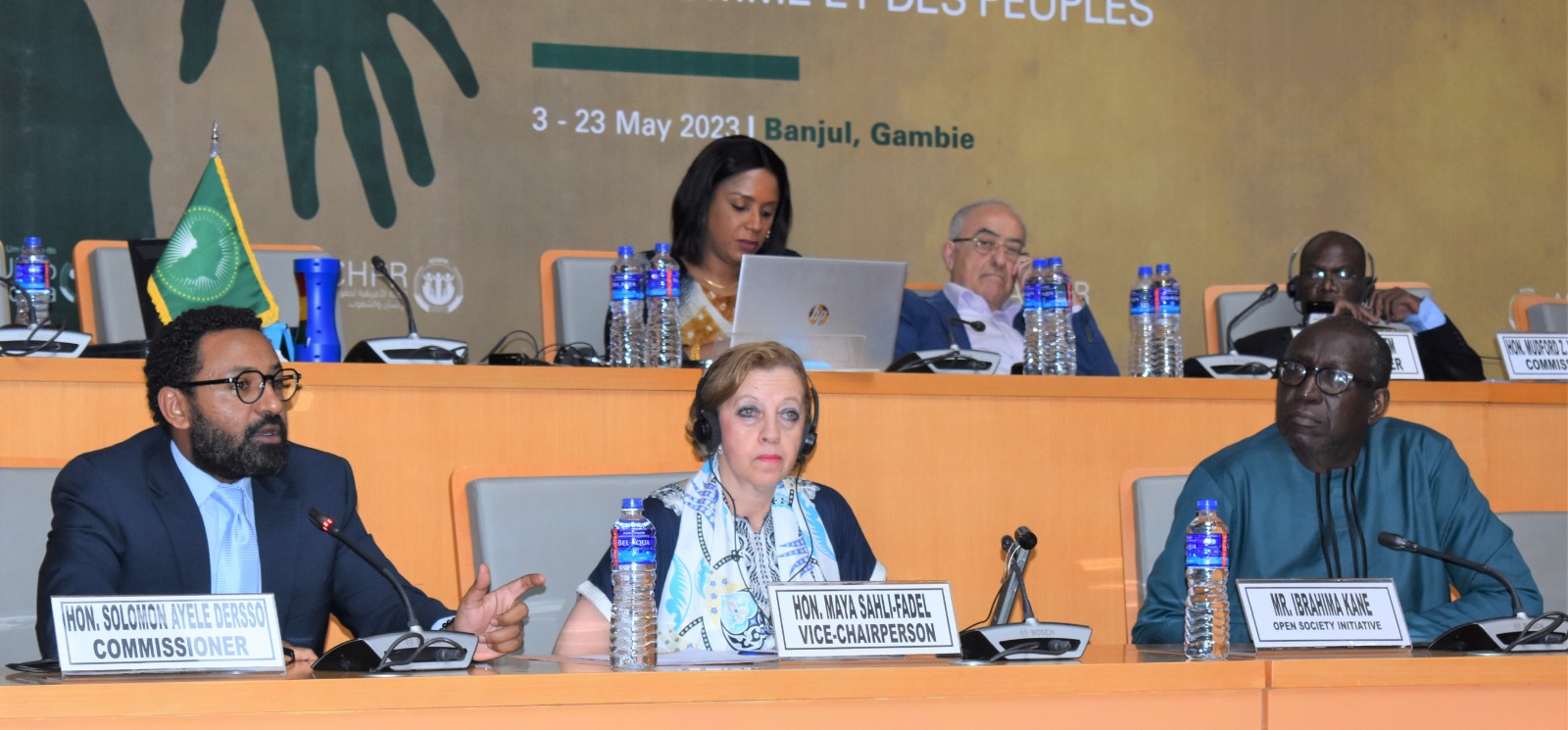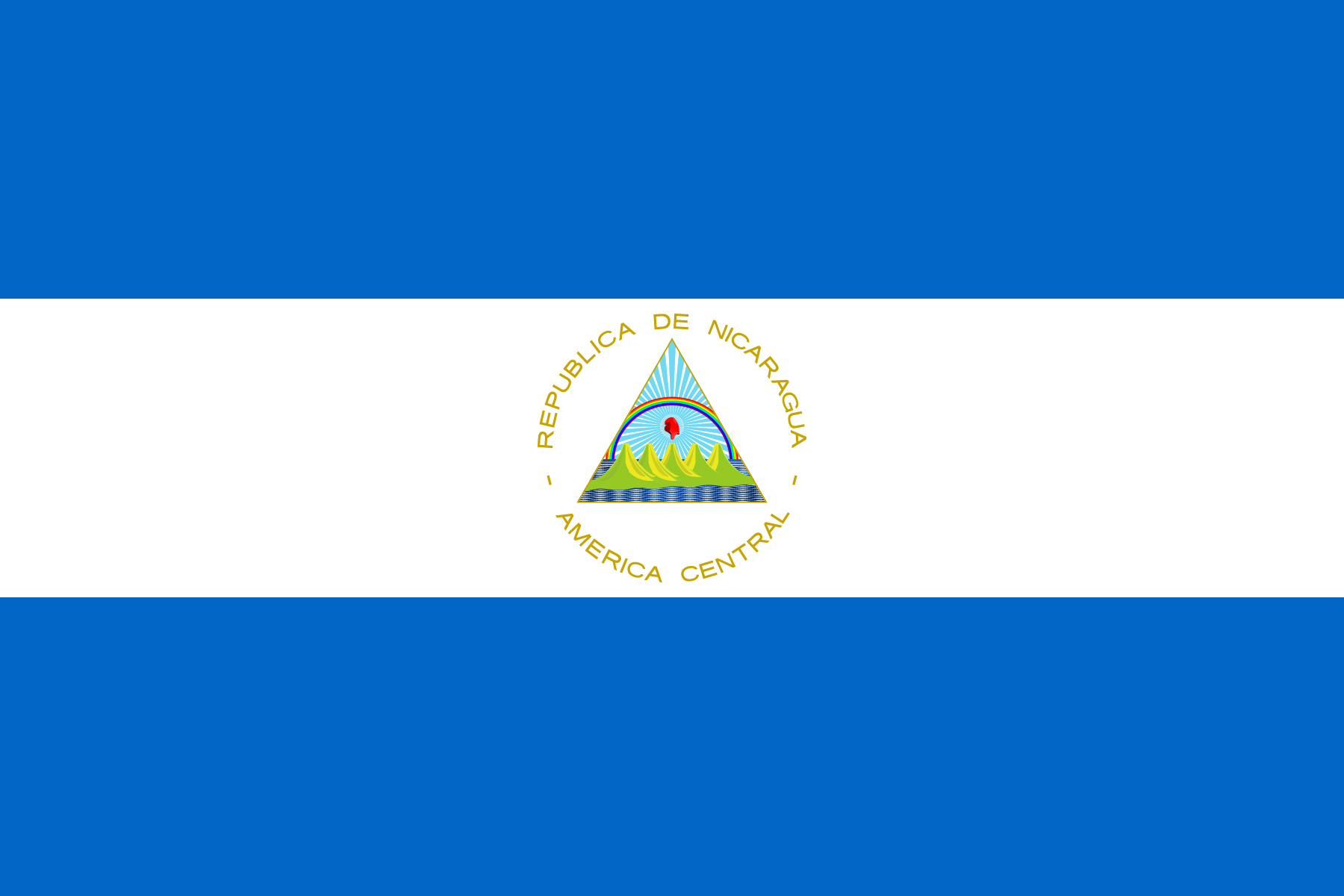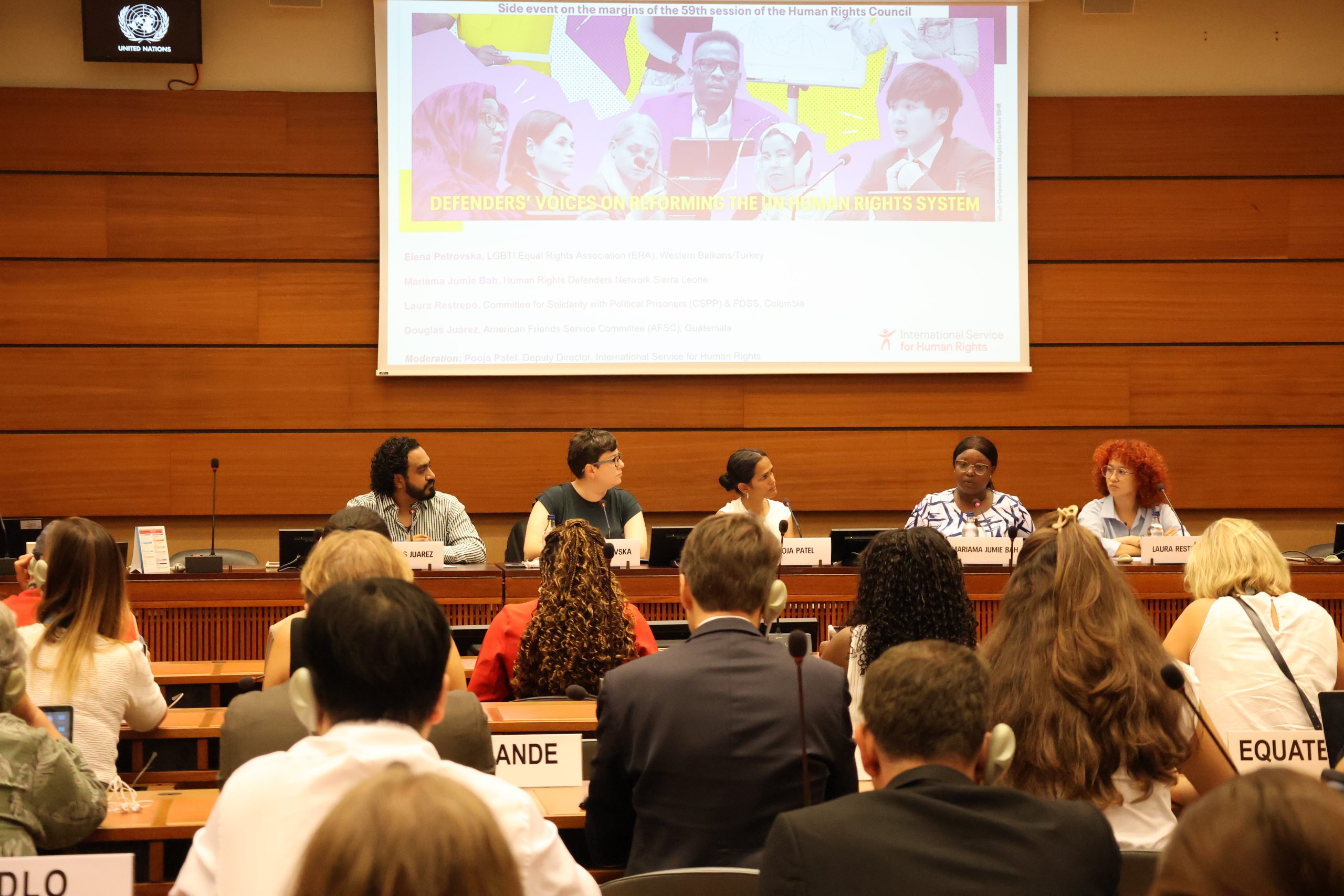During the panel, Commissioner Solomon Ayele Dersso stated that harmonisation within the African system was required and that any duplication should be avoided to enhance the use of resources and efficiency. In addition, he highlighted that the purpose of this panel was to raise awareness and the implications if the private sector does the reform.
According to Commissioner Dersso, “Any reform of the judicial and quasi-judicial organs of the African Union should only focus and lead to the improvement of the system but not to a regression.”
Ibrahim Kane stated that the current direction of the proposals is not desirable because they would result in restricting or even removing important mandates. Also, he mentioned that the three human rights mechanisms of the African Union, namely the African Commission, the African Court on Human and Peoples’ Rights and the African Committee of Experts on the Rights and Welfare of the Child (ACERWC), are not financially independent, and their budget allocations contradict the amount of work and resources required by each organ. Regarding the proposal of reducing the number of members of the Commission from eleven to seven and merging the African Commission and the Committee into one entity, he stated that this would constitute an enormous regression in the advancements made by the African continent in terms of human rights. Most importantly, Kane questioned the ability of Deloitte, a foreign institution, to adequately review the roles and responsibilities of the African Union’s organs. He said that it was also key to ensure better coordination between the African Court on Human and Peoples’ Rights and the judicial and quasi-judicial systems of the regional communities.
“It would be great to receive propositions from civil society because civil society has contributed a lot to the emergence and strengthening of this system”, concluded Kane.
In her address, Commissioner Litha Musyimi-Ogana said there had been much progress while transforming the Organisation of African Unity (OAU) into the current African Union (AU). In particular, she declared that the AU became a people-centred institution. Hence, Commissioner Litha emphasised that a balance between efficiency and the political aspirations of the member States should be struck.
“The African Charter on Human and Peoples’ Rights is a critical pillar of the human rights framework of the African continent with universal ratification within the continent”, stated Commissioner Litha.
The Togo delegation stated that reducing the capacities of the Commission did not represent a favourable solution. The representative of South Africa questioned why African researchers and academia conducting research on the African organs’ capacities were unable to participate in this reform process. Finally, Ethiopia’s delegation stated that the Commission must provide its input to the Permanent Representatives Committee (PRC) of the African Union.
Download as PDF




